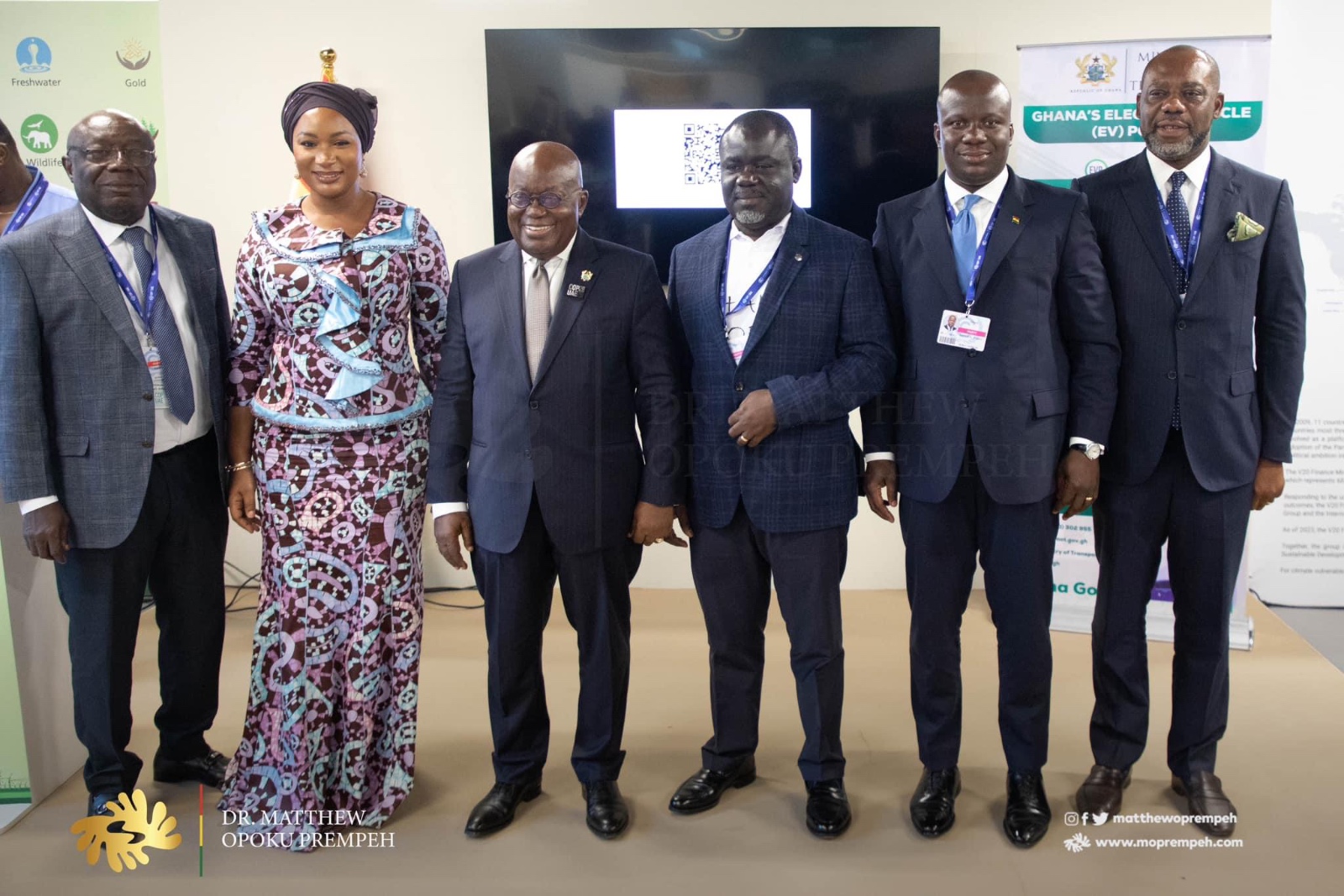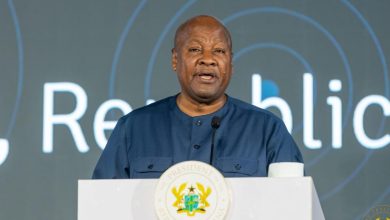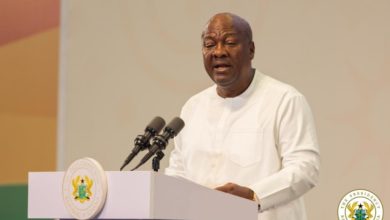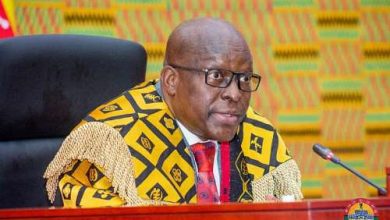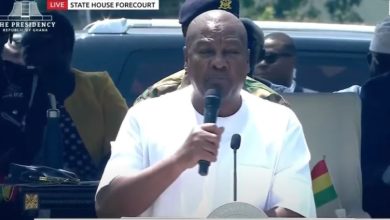Electric Vehicle Policy will help address excess power generation problem – Energy Minister declares at COP 28
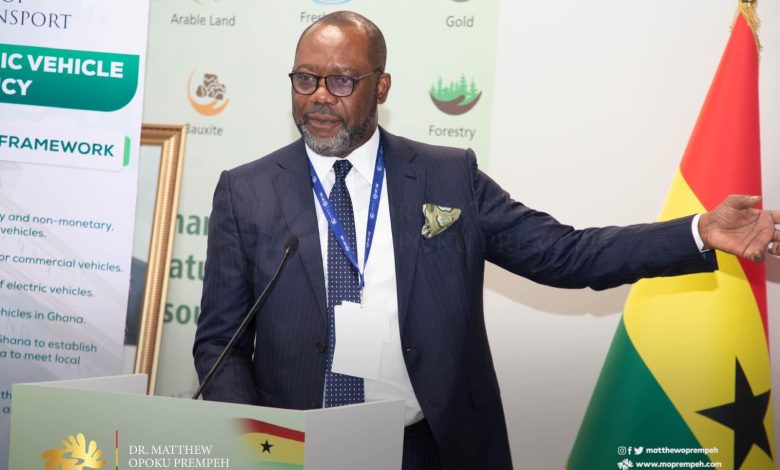
Ghana’s National Electric Vehicle Policy will help accelerate efforts at addressing the problem of excess power generation and the associated cost implications, Energy Minister, Dr Matthew Opoku Prempeh has stated.
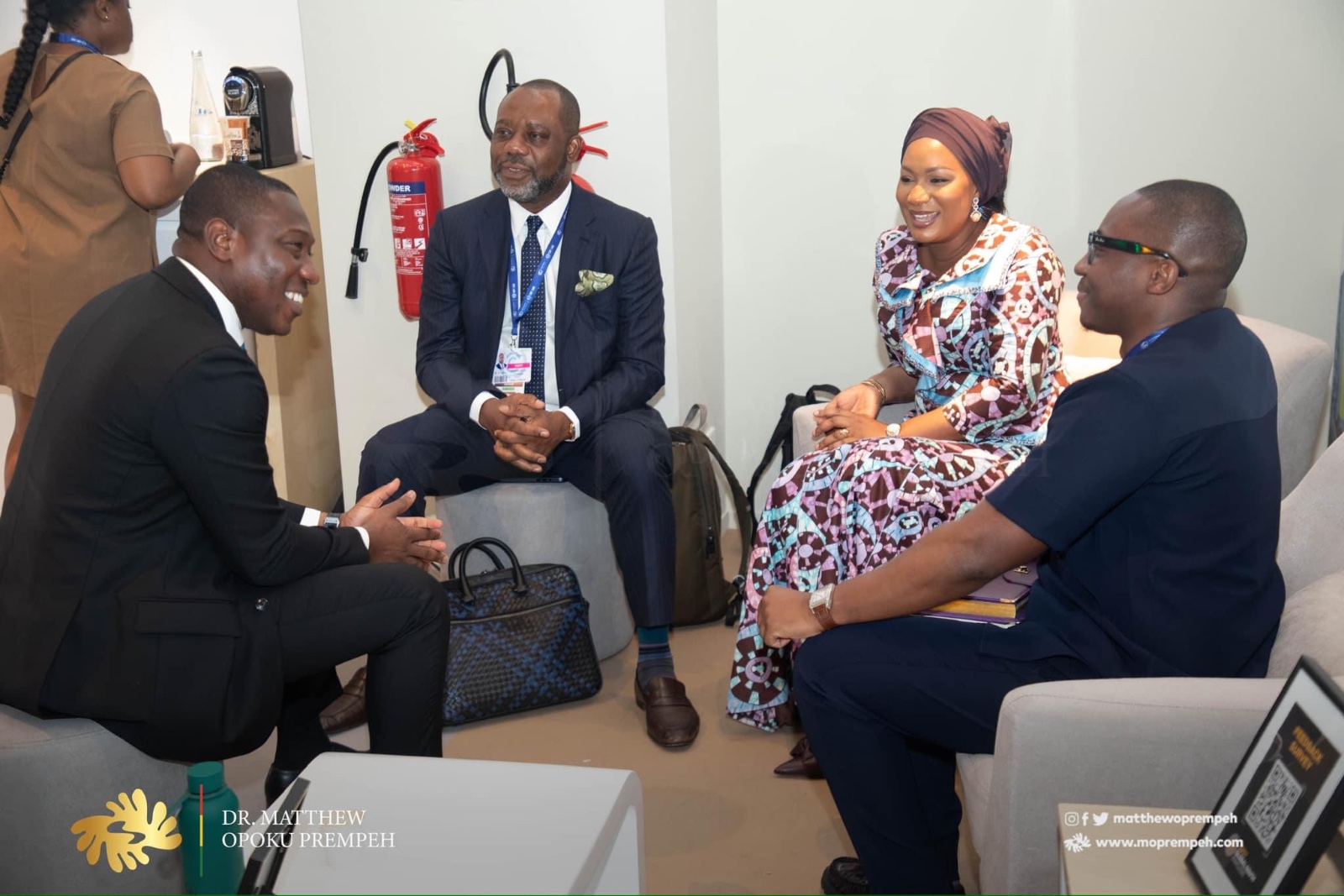
In addition, he said, the policy will help provide adequate, reliable, and affordable low-carbon electricity for the country.
Dr Opoku Prempeh who said this at the launch of Ghana’s National Electric Vehicle Policy by President President Nana Addo Dankwa Akuffo-Addo at the United Nations Conference on Climate Change (COP28) in Dubai, United Arab Emirates on Saturday, December 2, 2023, described the coming on board of the policy as timely for his ministry.
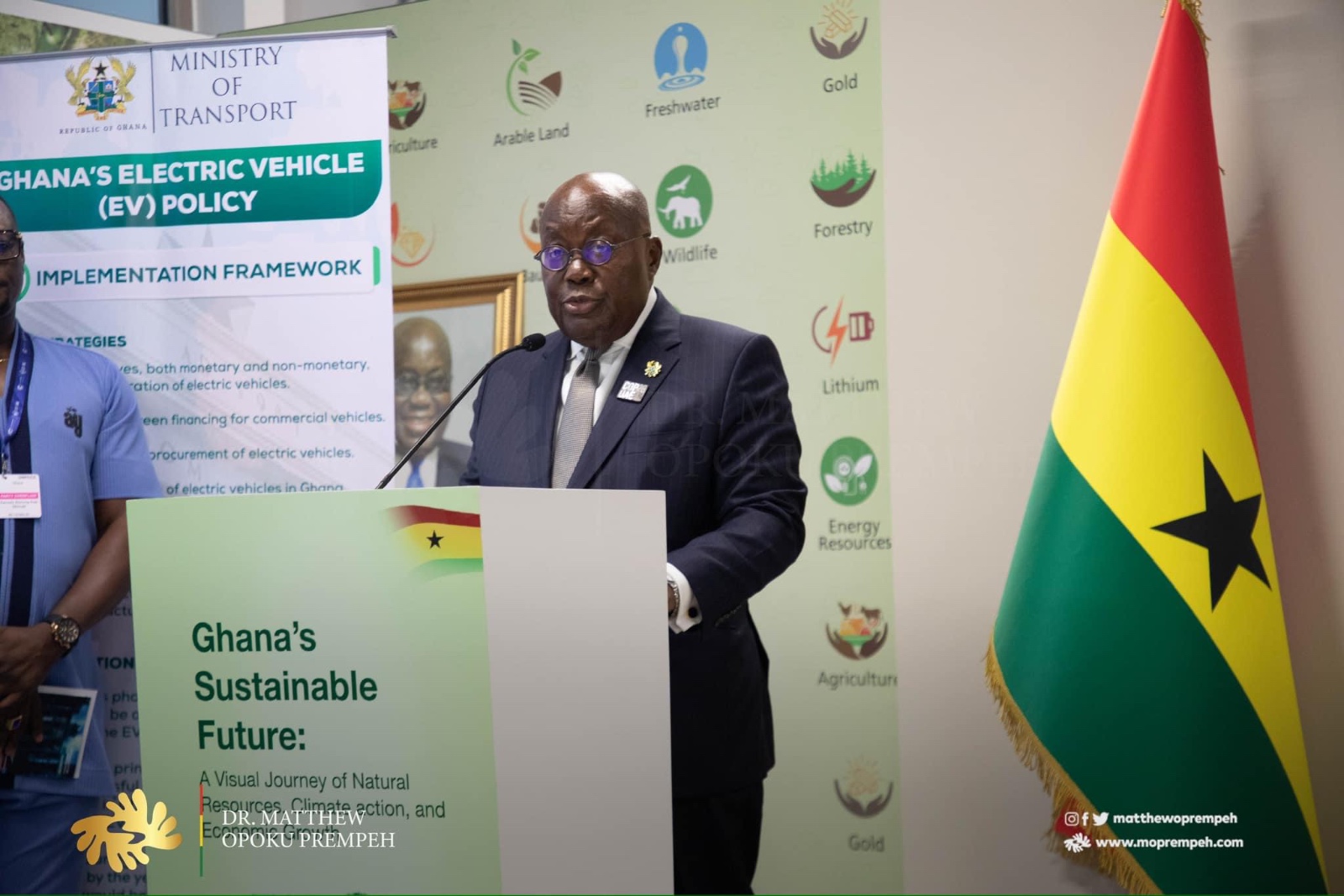
Strategic pillar
The minister said electric mobility of goods and services is a strategic focus to achieve net-zero energy economy for Ghana.
He said the importance of energy in the delivery of the policy cannot be overemphasised.
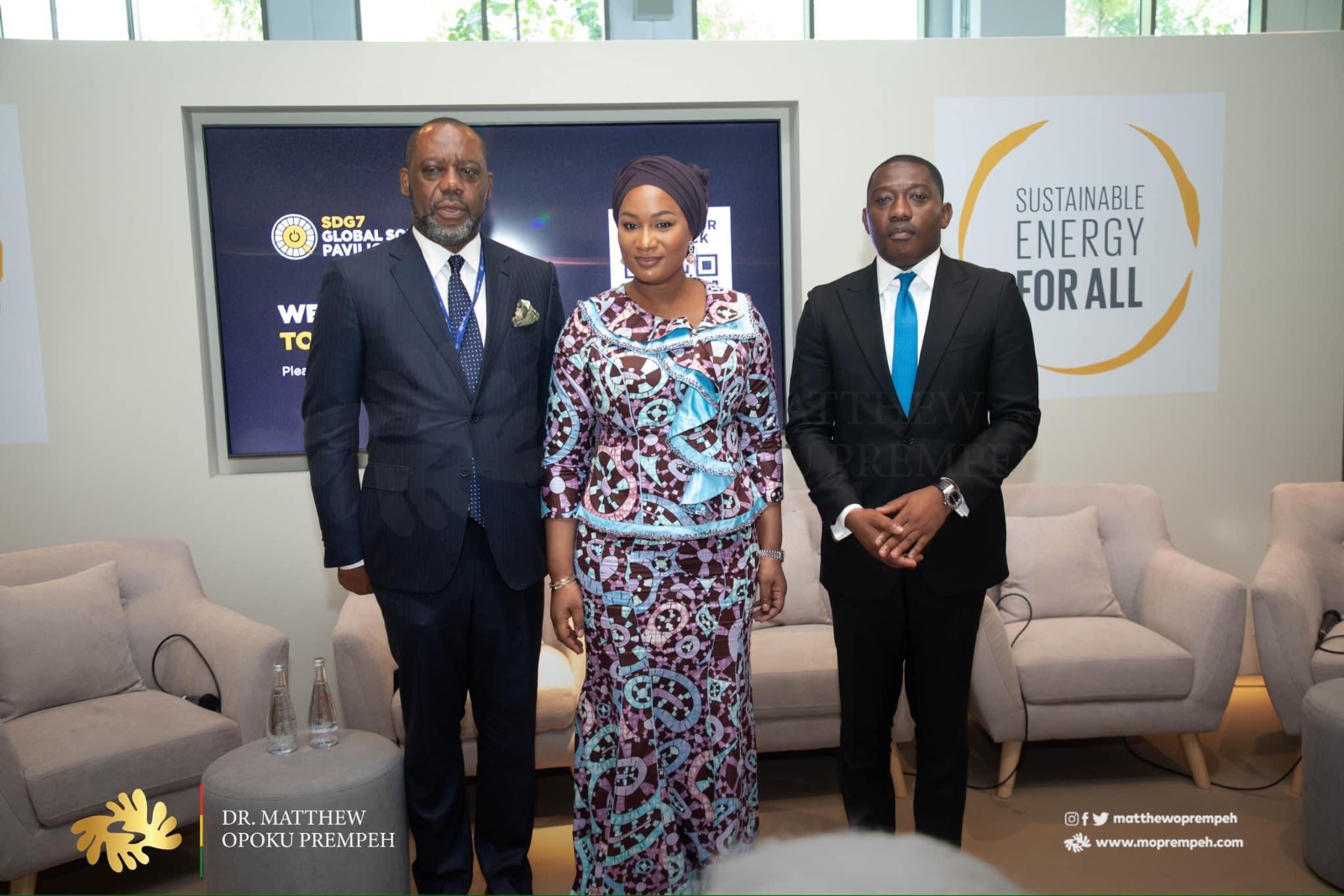
The Manhyia South MP said energy transition has become a global agenda that has attracted the attention of governments and multilateral institutions.
“With these two vital policies, Ghana is positioned to attract investments into the clean and low-carbon energy and e-mobility sectors, create thousands of decent jobs and achieve value addition to the enormous natural resources through green and eco-friendly manufacturing of products and technologies for the economy, he said.
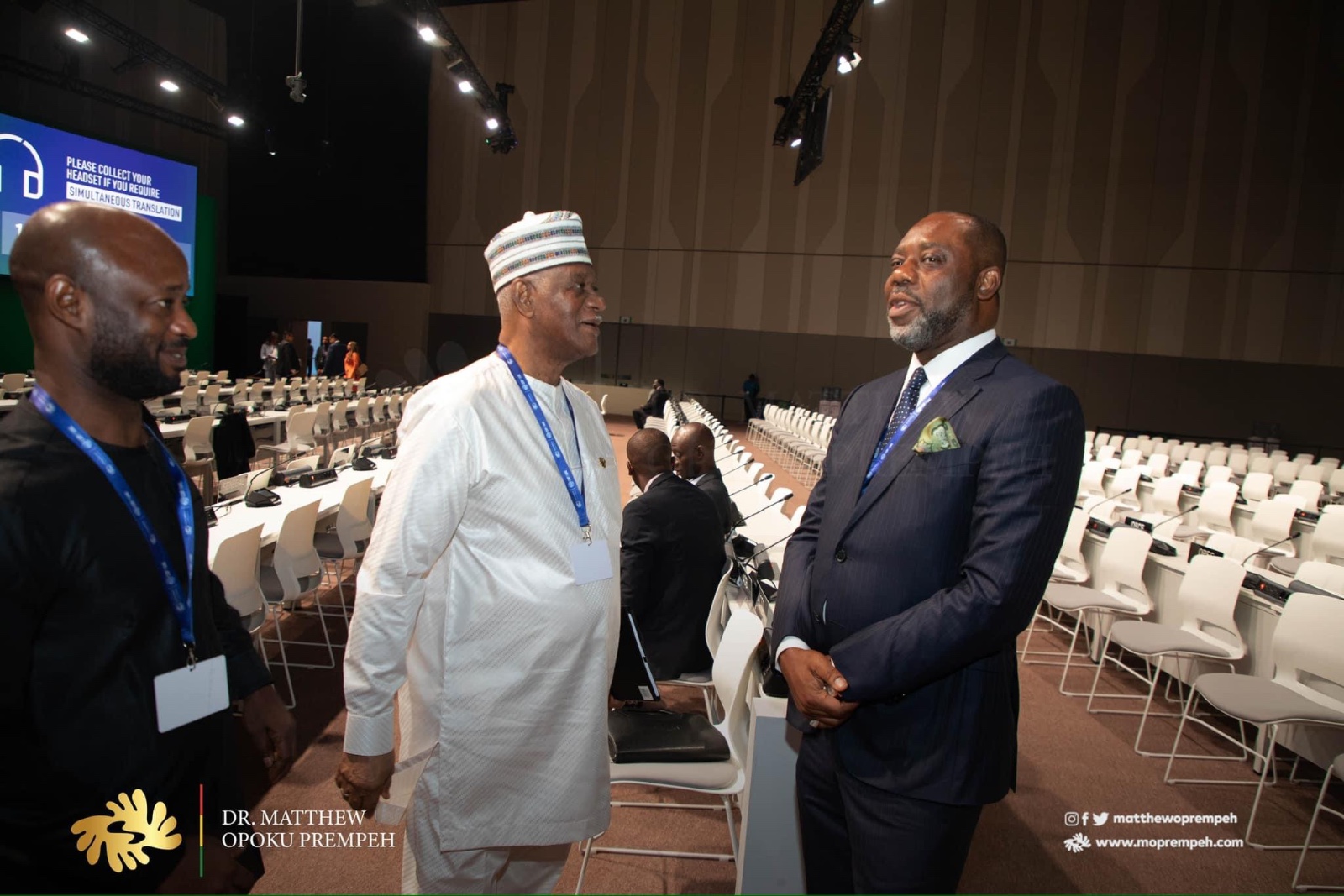
He added: “We are ready for the electric vehicle and e-mobility evolution. With an electricity access rate of 88.85%, diffusion of electric vehicles on national scale is possible. Thus, every region and district of the country should be able to participate in this budding industry.”

Background
Ghana’s legal framework for vehicle importation underwent significant changes, particularly with the ban on the importation of Light Duty Vehicles older than 10 years and salvaged vehicles, as per the Customs Amendment Act, 2020.

To pave the way for the adoption of electric vehicles, the Ministry of Transport collaborated with the Climate Technology Centre and Network (CTCN) and the UN Environment Programme (UNEP) in 2021 to conduct studies informing the development of the national EV policy.
